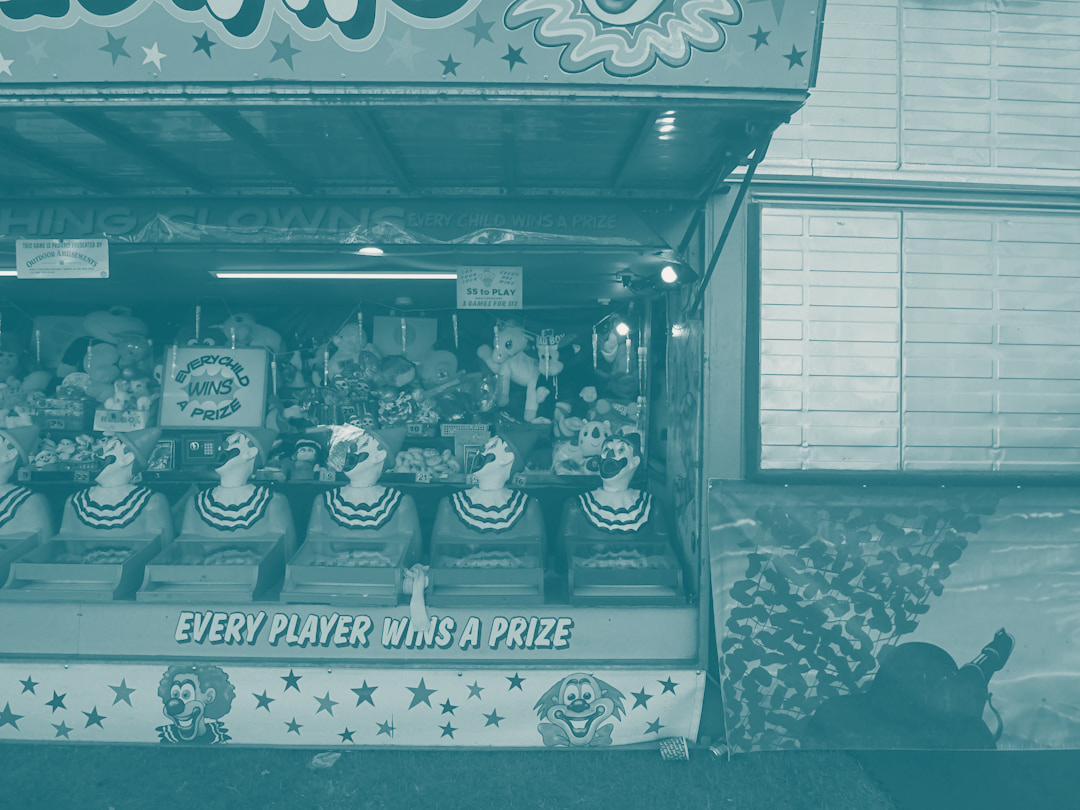It’s my firm belief that we need to stop thinking about marketing within the framework of win or loss. Most traditional approaches to marketing evaluate each campaign as either a complete success or a costly failure. However, this stark dichotomy often diminishes the value of insights that might otherwise emerge from marketing activities that do not produce the intended results. If we shift our perspective, so that we’re embracing a “win or learn” mindset, we cease to view outcomes in such rigid terms. Now, I know what you’re thinking, this isn’t an excuse, I’m not attempting to deny the importance of successful campaigns or profitable returns. Instead, I’m asking to implement a perspective that broadens to acknowledge that every marketing endeavour, whether it achieves a target or falls short, reveals something new about the audience, the message, or the chosen channels. This shift in perspective challenges any marketing team to examine each outcome, either to celebrate what went right or to understand why it did not resonate as intended. A “win or learn” approach cultivates a culture that regards experimentation as a source of meaningful insights rather than an unnecessary indulgence. It moves the emphasis from immediate payoffs to a more sustainable form of progress where past results, positive or negative, form the basis of strategic refinement.
I never lose, I either win or learn – Nelson Mandela
Understanding the Value of Reframing Outcomes
When organisations restrict their focus to easily measurable wins, they run the risk of repeating successful formulas without questioning their evolving context. A single kick-ass campaign may produce substantial returns, but over time the same approach can yield diminishing results if competitors cotton on and replicate these methods or audience tastes evolve. By contrast, a campaign that did not produce the desired metrics may prove more instructive. It encourages a deeper review of its components and their underlying assumptions. Why did one particular message resonate while another felt flat? Did the chosen platform fail to reach the right audience segment, or did the audience respond differently than predicted?
There is also the issue of how long it takes buyers to convert. Traditional reporting windows rarely account for the extended timeline many prospects need before feeling ready to purchase. Research often shows that at any given moment, around 95% of a target audience will not feel inclined to buy. A campaign may catch a prospect’s attention, create a positive impression, and then lie dormant in the prospect’s mind for months. By the time that person decides to make a purchase, the official reporting window for the campaign that first informed or influenced them may have long since passed. Does this mean the campaign failed, simply because the purchase did not occur in the allotted timeframe? Surely not. That delayed decision—the latent fruit of earlier influence—proves the campaign contributed to a future success, even if initial results suggested otherwise. Such insights highlight the need to measure impact over longer horizons and to remain open to indicators of success that do not appear neatly within a reporting cycle.
Through this analytical lens, a campaign no longer appears as a mere success or failure but as a mine of data capable of steering future decisions. Such insights help marketers adapt strategies before they become stale, ensuring that each new campaign aligns more closely with the target audience’s changing priorities. Over time, this approach accumulates a wealth of knowledge and experience that would remain hidden if “unsuccessful” campaigns were simply dismissed and forgotten. It also encourages greater patience and a broader understanding of the buyer’s journey, both of which matter immensely for brands that seek to build long-term relationships rather than chase fleeting, short-lived victories.
Fostering Innovation and Long-Term Growth
As marketing teams that fully adopt “win or learn” thinking , we will find it easier to suggest novel tactics and unusual channels without fear of reprimand. Without this protective framework, individuals might shy away from more adventurous approaches, wary of the consequences that follow a campaign that underperforms. When the team realises that every outcome—no matter how disappointing on paper—still drives progress, we become more likely to propose fresh ideas rather than rely on established norms. By doing so, the our entire organisation becomes more agile and resilient. The emphasis shifts from short-term gains to a longer horizon, where knowledge compounding over time leads to more nuanced decision-making. Successful campaigns still deserve praise, but those that do not meet initial expectations no longer attract scorn, only valuable lessons. While it remains important to set clear objectives and measure results, the understanding that a less than favourable outcome remains part of an ongoing process encourages measured risk-taking. The result is a more dynamic approach that can respond to market shifts rather than clinging to habits formed under outdated conditions.
Integrating the “Win or Learn” Philosophy into Everyday Practice
To properly integrate these ideas, we must commit to examining our campaigns with care and rigour. It helps to define success criteria from the outset, so that when results come in, it is possible to determine where a campaign excelled and where it fell short. Proper documentation of both outcomes and the decision-making path that led to them ensures that even the smallest campaigns yield valuable data. Post-campaign reviews should not consist merely of congratulatory nods or hushed embarrassment, but thoughtful evaluations in which everyone contributes insights. Transparency and open communication within the team enable all members to learn from each campaign’s trajectory, building a more versatile skill set. In addition, we can celebrate achievements that emerge from gleaned insights, marking not only high-revenue campaigns but also those that provided the clearest lessons for future strategy. By translating failures into feedback loops, marketing efforts become more refined, targeted, and effective.
The “win or learn” mindset underscores a fundamental realignment in how we as marketers approach our craft. Rather than seeking isolated victories that may or may not be repeatable, our teams have to accept that every action provides new information about the audience, the brand, and the surrounding marketplace. By substituting rigid success-or-failure narratives with a recognition that every campaign has something to teach us, marketing efforts accumulate wisdom over time, yielding better decisions, more creative initiatives, and more resilient teams. This philosophy also encourages a broader view of campaign success, one that understands delayed conversions as part of the customer journey rather than lost opportunities. In this way, setbacks no longer represent closed doors, but transitions into more informed approaches. Through such a shift, we, as marketers, position ourselves not merely to ‘win one race’, but to keep improving, evolving, and achieving more meaningful results through an ongoing cycle of insight-driven development.


